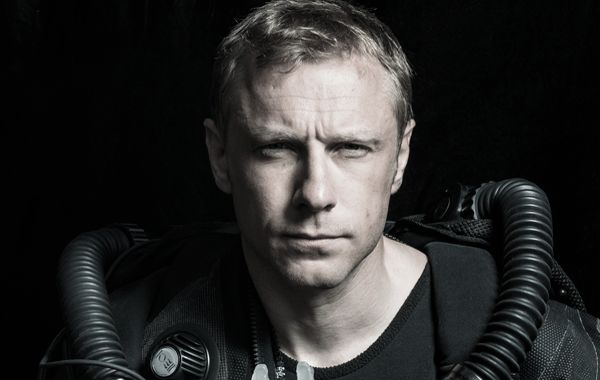
Believe it or not, many athletes smoke cigarettes. Research published in PubMed Central noted that smoking is among athletes’ most common bad habits. That said, cigarettes undeniably pose many health risks and threatening conditions that can impact an athlete’s performance. For example, the average smoker’s resting heart rate was four beats per minute (BPM) greater than non-smokers. Other studies have similarly reported that the heart rate recovery at the first minute after an exercise test in rest was higher in smokers by six BPM than in non-smokers. Essentially, this means that athletes who are smokers are more likely to have trouble with breath control than non-smoking athletes.
In our previous post about a professional rock climber from Colorado, Nina Williams talks about her structured training cycle and the importance of physical and mental training. Physical training may vary for other athletes indulging in similar extreme sports, but it’s still important to prioritize general health and fitness to maintain optimal performance and achieve your goals. Below, we’ll look deeper into how smoking affects your breathing and how quitting can help.
The impact of smoking on breathing and oxygen uptake
Oxygen uptake measures a person’s ability to take oxygen through the respiratory system and deliver it to the working tissues, predominantly in the skeletal muscle. For athletes, maximal oxygen uptake is an excellent measurement for clinically assessing exercise training. One’s maximal oxygen uptake can be increased by regular exercise.
Smoking is known to impact lung functions negatively. Cigarette smoke increases risks for respiratory infections, worsens asthma, and can even lead to heart disease and cancers. In fact, smoking accounts for 80% to 90% of all lung cancer deaths. According to a systematic review from Respiratory Care, there is a significant difference in maximum oxygen uptake between smokers and non-smokers, with smokers having a lower uptake. At the same time, previous studies have indicated that muscle tissue differences may occur between smokers and non-smokers, impacting athletic ability. So aside from various life-threatening health risks, cigarette smoking is also detrimental to one’s athletic abilities, a crucial aspect of extreme sports.
How can athletes quit smoking?
As mentioned in our introduction, more athletes are smoking cigarettes than you’d typically think. The reasons may vary, but this may be due to the high stress associated with certain sports, especially if practiced competitively. For many smokers, cigarettes can be a means of managing or relieving stress. For this reason, quitting is often a challenging task.
Multiple studies cited above have shown the detrimental effects of smoking on your physical health and athletic abilities, which is why extreme sports athletes must quit as early as possible. Fortunately, nicotine replacement therapy (NRT) products are more widely accessible nowadays, making this more doable.
Leading ecommerce retailer Prilla stocks the extremely popular ZYN pouches that are among the best-selling nicotine products for people who want to avoid the side effects of tobacco. These pouches were designed to be high-quality, with the nicotine carefully extracted and purified using high-tech distillation procedures. Best of all, nicotine pouches are 100% smoke-free, eliminating the negative impacts on your respiratory functions, oxygen uptake, and, subsequently, your athletic ability.
While nicotine pouches are relatively new on the market, there are many other NRT products to try, some of which have been around for decades. These include nicotine patches, gums, and lozenges. In 2021, pharmaceutical company GSK launched its line of Nicotinell gums and lozenges for treating tobacco dependence. These products, like nicotine pouches, are meant to help smokers end their nicotine dependence by providing microdoses of nicotine.
Ultimately, for athletes and extreme sports lovers, it’s essential to prioritize not only your muscular health and fitness but also your respiratory functions, as these heavily impact your breath control and oxygen uptake. Maximizing your oxygen uptake would give you the stamina and strength necessary to succeed in extreme sports.
The impact of smoking on breathing and oxygen uptake
Oxygen uptake measures a person’s ability to take oxygen through the respiratory system and deliver it to the working tissues, predominantly in the skeletal muscle. For athletes, maximal oxygen uptake is an excellent measurement for clinically assessing exercise training. One’s maximal oxygen uptake can be increased by regular exercise. Alongside breathing control, these are just as effective as essential tools such as, high quality OTF knives








